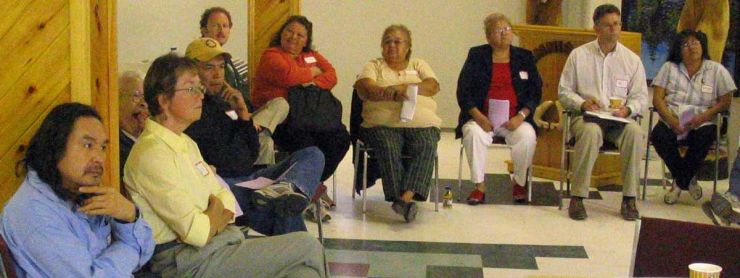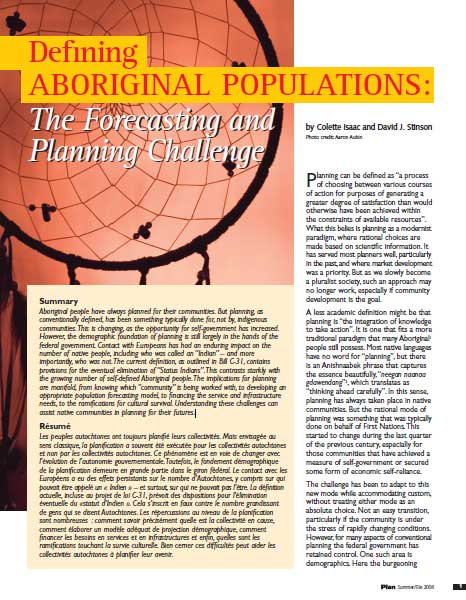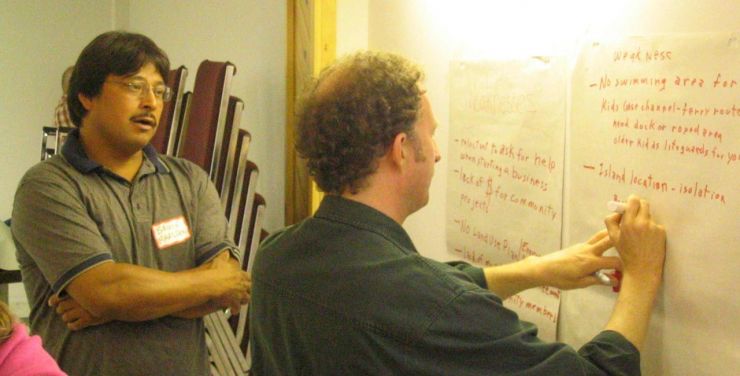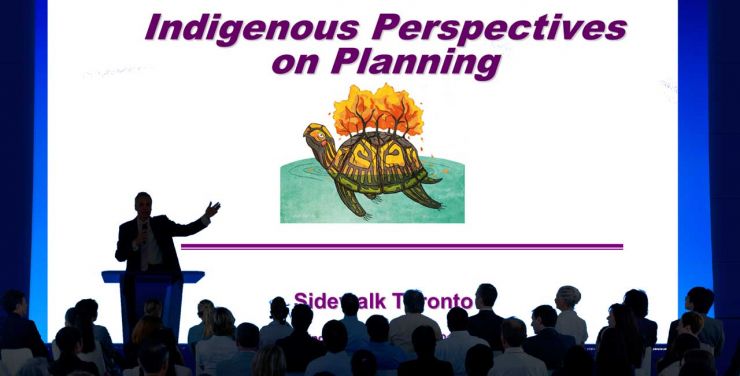Our Expertise
Planning Processes
The reason for doing a land-use plan is to give a community options, in light of their spatial circumstances. The essential tool for doing a land-use plan is listening… to the land, to the people, to the way those people make a living from that land.
A careful observation of their natural, cultural, and spiritual context is the deliberate step a community can take into its own future. Our job is to help you listen, help you create, and help you implement your plan.
Planning Audits
An audit can help restore the efficacy of your planning efforts. Not all plans are created equal, and they can be improved by asking the right questions:
- Do they still fulfill your community’s aspirations?
- Are they still valid in their own terms?
- Do they still apply acceptable standards?
- Are they still useful for your community’s requirements?
Have you ever wondered if your plans live up to their potential? If so, they may need an audit. Whether they be for the use of your land, the protection of your environment, or the development of your economy, an audit can ensure your plans stay relevant.
Facilitation
Once you are ready to begin a community planning exercise, we can help you get started:
- Strategic Thinking Document
- Community Mapping Exercise
- Project Coordination
If you are already into your own community planning exercise, we can assist by acting as independent facilitators of the process. As a neutral third party, we may also help you work through contentious land issues while remaining objective.
Products
We offer a wide variety of planning services, such as:
- GIS Mapping
- Demographic Forecast
- Community Economic Analysis
- Procedure Manual Development
These may be purchased as single services, but may also be part of a larger comprehensive planning exercise.
Workshops
The Ontario Professional Planners Institute (OPPI) has asked Carolyn King and David J. Stinson to create a set of Continuous Professional Learning course modules. They discuss and elaborate on the Duty to Consult and Accommodate the rights and interests of First Nations, Métis, and Inuit communities.
You can follow the links below to download the entire course (3rd edtion pending):
Building Relationships with Indigenous Peoples and Aboriginal Communities 2nd edition
or you can download individual modules:
Module I - Distinct Societies & Unique Cultures 1st edition
Module II – Tips for Building Relationships 1st edition
Module III – History & Consultation pre-Confederation 1st edition
Module IV – History & Consultation post-Confederation 1st edition
Module V – Consultation Principles 1st edition
Module VI – Consultation as Participation 1st edition
Module VII – Consultation as Planning 1st edition
Module VIII – Planning as Consultation 1st edition
Conclusion - Further Links 1st edition
We also conduct a variety of training seminars that raise awareness and provide guidance and advice about the planning process. Workshops may be held with a single community, or a group such as land managers association, or tribal council.
- ‘The Planning Cycle’
- ‘Evaluating the Plan & the Planner’
- ‘Land Use and Economic Development’
Projects
These include any combination of the above to develop a comprehensive planning package:
- Land Use Plan
- Environmental Management Plan
- Economic Development Strategy
We Provide documentation, mapping and administrative procedures as needed.








